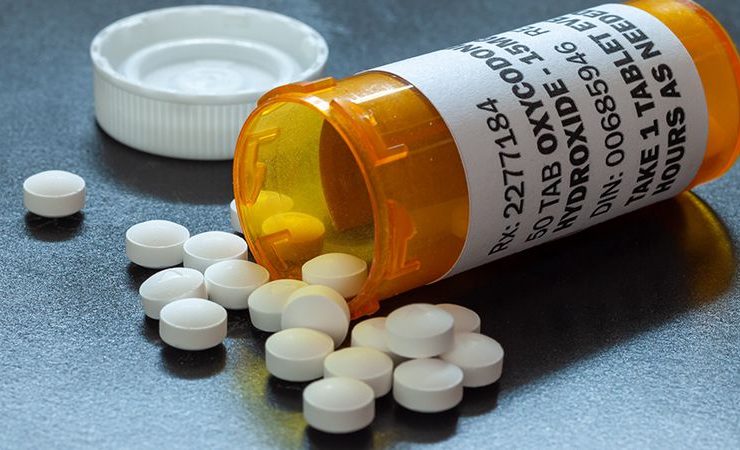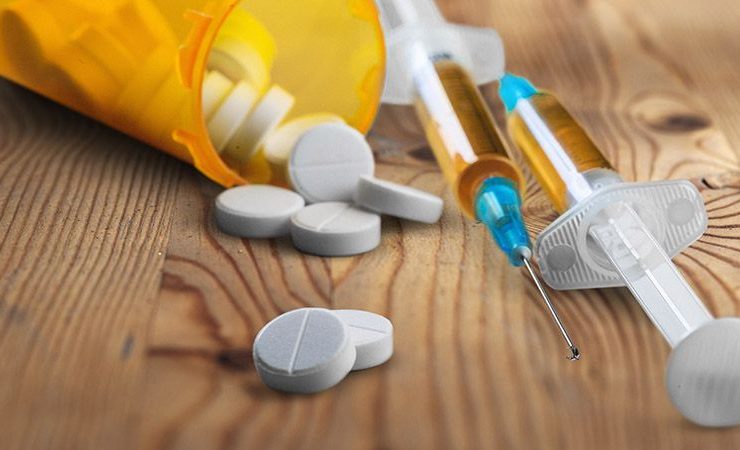What Happens During Opioid Addiction Rehab
If you’re finding a way back from opioid addiction, it’s only normal to have questions about what happens during opioid addiction rehab. Opioid addiction is a disease that causes harmful effects to the brain and vital organs.
However, with the help of addiction treatment experts, you too can find a way back from this addiction. Here’s what you need to know about the procedures that happen during opioid rehab.
How Does Opioid Rehab Work?
If you are struggling with opioid addiction, the first step to finding help is accepting you have a problem. Once you understand this, you also know you need help and can take steps to find the help you need. The only way to treat your addiction is through addiction treatment. When you go for treatment, your rehab experience is dependent on several factors.
Firstly, it depends on the facility you choose. It also depends on the severity of your addiction. Another consideration is if you have co-occurring conditions. These include depression and other mental health issues.
When you go to an addiction treatment center, health professionals will ask you questions. These questions will border on your previous and present use of the substance. They will also ask about any relevant health conditions in your family and life.
This initial consultation process is important. Based on the information you provide, the therapist will customize a treatment plan for you. After this assessment, you will go into the next phase of your treatment. This phase is called the Detoxification and Withdrawal phase.
Opioid Detox and Withdrawal

Detoxification or detox is the process that boosts the removal of opioids from your body following a period of long-term abuse. This process can be a difficult one for some patients to undergo. This difficulty arises due to the number of withdrawal symptoms you may experience. However, despite the pains involved, detox is crucial for opioid addiction recovery.
Opioid withdrawal usually lasts between six and 12 hours after your last dose. You may experience physical, psychological, and emotional symptoms. However, the duration of withdrawal varies among recovery patients. It depends on these factors:
- How long you have abused drugs
- If you abuse multiple drugs at once
- The opioids you abused and their half-life
- If you have underlying physical and mental health issues
During opioid detox, you may experience the following physical symptoms:
- Flu-like symptoms
- Diarrhea
- Sweating
- Vomiting and nausea
- Insomnia
- Abdominal cramps
- Pain
- Tension and muscle aches
Psychological or emotional symptoms you may experience include:
- Dysphoria
- Depression
- Anxiety
- Problems with sleeping
- An intense urge to use the drugs
Chronic emotional symptoms can last for many months, even after you stop using opioids. Your brain will need a lot of time to return to its previous baselines.
The symptoms you feel from withdrawing from the drug don’t last forever. However, they can be so intense that your risk of suffering a relapse is very high.
Rehab Facilities and Opioid Treatment
After undergoing detox, you should continue your opioid addiction recovery with professional opioid addiction treatment services. These rehab centers are beneficial to you for many reasons. One of these benefits is you will receive professional care and support. The care and support you receive is necessary to prevent relapse.
In these facilities, there are several activities and therapies patients have to undergo. Patients must actively participate in these activities and therapies to boost their recovery chances. These therapies will also help you overcome your cravings for opioids. To cap it off, they will also help you build life skills to avoid relapses and stay clean.
What is opioid rehab like?
There are two main treatment categories in an opioid rehab treatment facility. These categories include inpatient rehabs and outpatient rehabs.
Inpatient rehabs are addiction treatment programs that offer residential and round-the-clock care and support to patients. These programs are intensive and take place in a drug-free environment. The facility is structured and allows patients to focus on attaining sobriety. As a patient in these programs, you must participate actively in activities and therapies.
Meanwhile, outpatient rehabs are more flexible than inpatient rehabs. If you want to recover from addiction while attending to your daily activities, these programs suit you the most. You will only need to visit the treatment centers on appointment several times weekly.
However, you will also need to attend group meetings, seminars, and other activities. These activities boost your recovery and prevent relapse.
You should note that outpatient rehabs are best suited to patients with mild withdrawal symptoms. If you are experiencing severe withdrawal symptoms, you should choose an inpatient program.
Family Counselling

Besides opioid addiction treatment services, your family also plays an important recovery in your recovery.
Hence, many addiction treatment centers include family therapy in their procedure for opioid rehab. While you are suffering from addiction, your family members will have to bear the brunt.
These family counselling or therapy sessions are an opportunity for them to air their grievances. They also learn how they may have played a helping hand in your addiction. Hence, everyone gets a reality check and sees how they should have and can behave much better.
Acknowledging these emotions, though painful, and resolving to work through them leads to everyone’s healing. Most importantly, it helps your family members learn the best way to support you. Their support is critical in your quest to avoid a relapse. Hence, having them around is always beneficial.
Aftercare Services
You now know what happens during opioid rehab. However, what about what happens afterwards? After undergoing treatment, you need to stay in line with all you learned in rehab. You need to do so to avoid going back to your old ways.
You must maintain a healthy lifestyle to stay on the sober path after rehab. You can do this by staying motivated and focused in your recovery and afterwards. Aftercare services help you do these with loads of activities. There are also support groups geared towards keeping you on the recovery path.
These aftercare services are crucial in the recovery process. They keep many people motivated while they begin their lifelong journey to sobriety. Hence, you should transition to these aftercare plans after your treatment. Some of them include:
- 12-Step Meetings like Alcoholics Anonymous, AA, or Narcotics Anonymous, NA.
- Individual and group therapies
- Family support groups like Al-Anon
- Alternative recovery therapies like SMART Recovery.
In addition to these aftercare services, you also need to adopt hobbies and sober activities to boost your recovery. You can volunteer for a good cause, learn new skills, participate in sports, cooking etc.
Get Help With Opioid Abuse Today
You have learned about what happens during opioid rehab and what to expect from opioid rehab. Besides these, you need to know that you are not alone on your addiction recovery journey. Many have been on this journey before you and are sober today. There are many success stories, and yours will soon be one of them.
If you have made the right decision to quit drug use, visit our opioid addiction treatment services in Vancouver today. Here at Inspire Change Wellness Centre, we will provide you with a treatment that suits you and will put you on the right recovery path. Call us today and hear about our plans for you.



